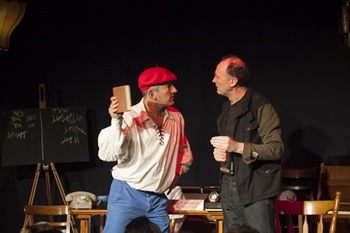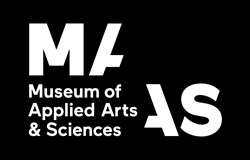When: Monday 12th November, 1:55pm – 3:25pm
Where: L2, Level 2 to the left of the registration/foyer area, down the hallway and through the doors on the right
Hashtag: #M12
The Australian Academy of Science and the Academy of Technology and Engineering are developing a Women in STEM Decadal Plan – a 10-year roadmap for sustained increase in women’s STEM participation and progression from school through to careers in all sectors. Science communicators are uniquely placed across multiple sectors, giving them a broad ranging perspective of challenges faced by female and female identifying members of the STEM community. They are also likely to be part of the mechanisms involved in implementing any form of plan or strategic initiative to enhance gender equity in STEM, a challenging communication task. For any Plan or initiative like this to succeed it requires sector, and societal, ‘buy in’. This interactive session will provide participants with an opportunity to see an exposure draft of the plan and discuss its implications and challenges for those working in the STEM, and science/STEM communication fields. How do science communicators best communicate within their sectors to elevate female participation in STEM, engage the necessary stakeholders and collaborate to enact change which will shape future STEM participation in Australia?
Session Producer/Workshop Facilitator:
Merryn McKinnon, Policy Analyst, Women in STEM Decadal Plan, Australian Academy of Science
Workshop Facilitators:
Sandra Gardam, Policy Analyst, Australian Academy of Science
Emily Finch, Research and Policy Officer, Australian Academy of Technology and Engineering
